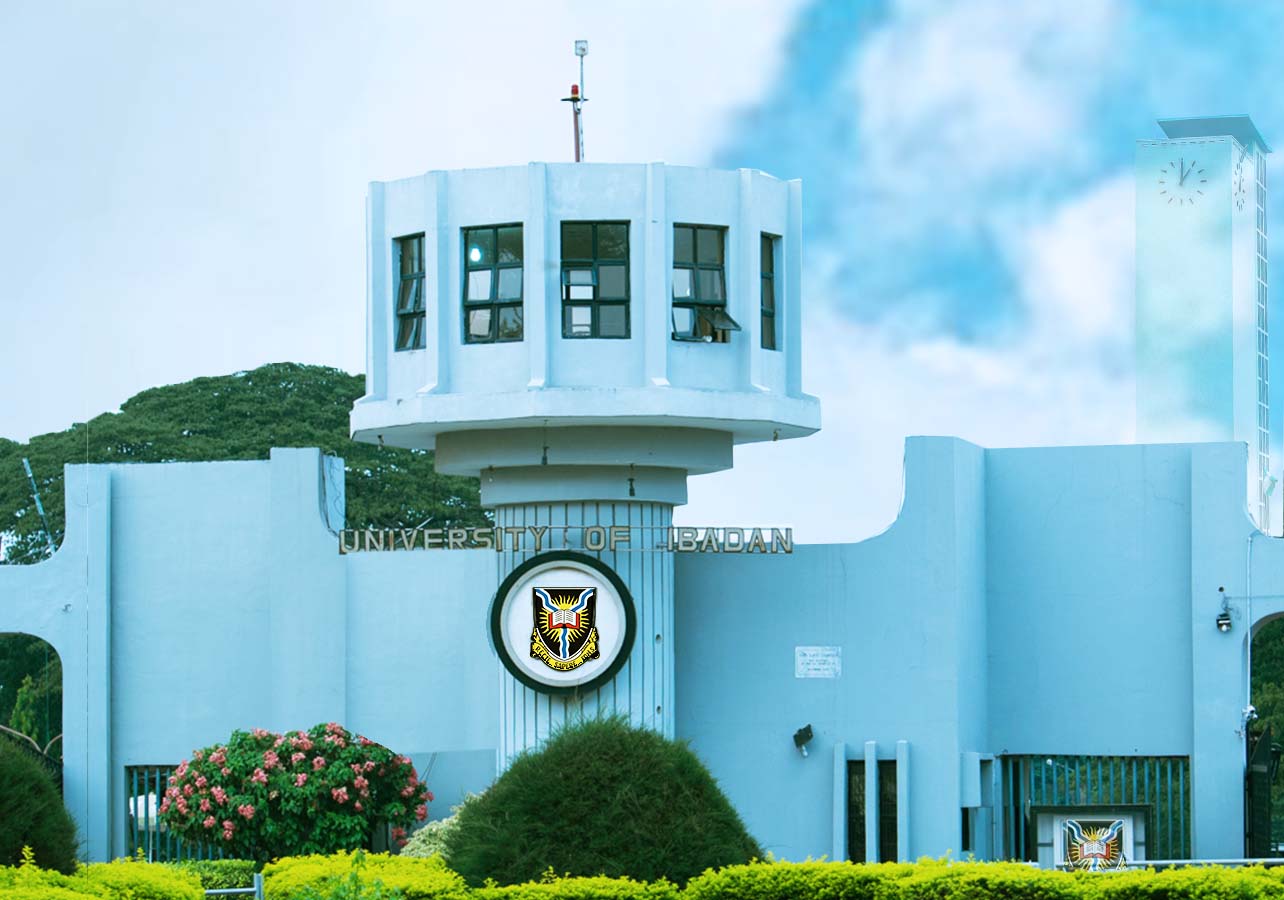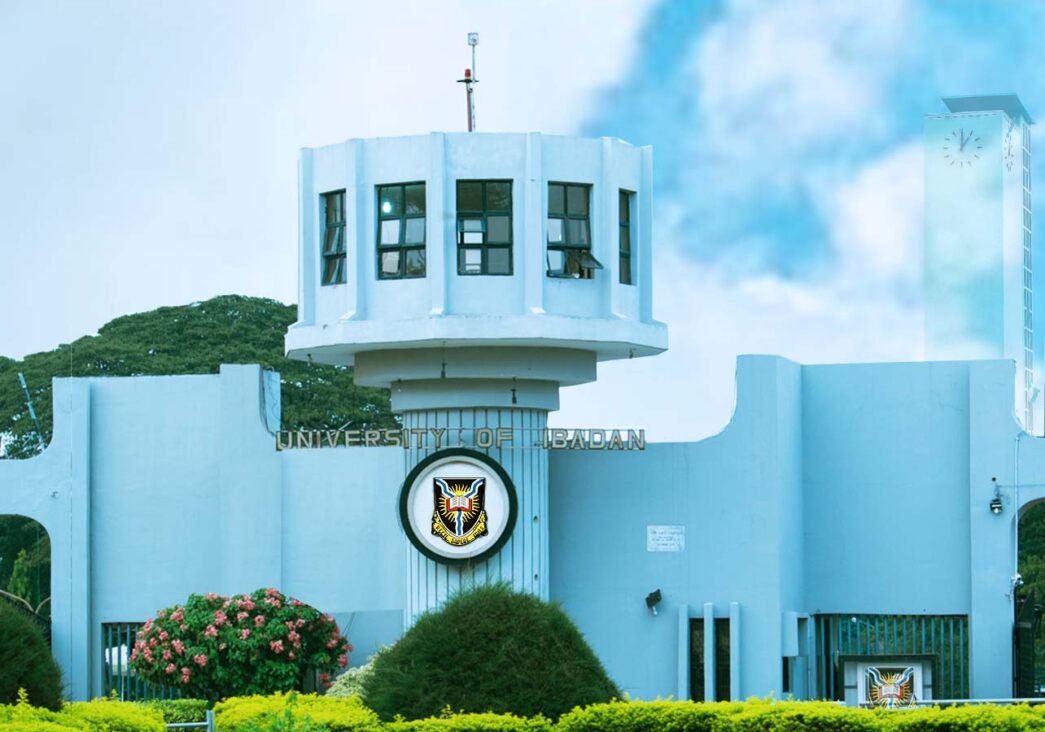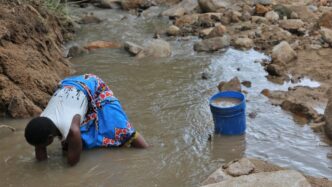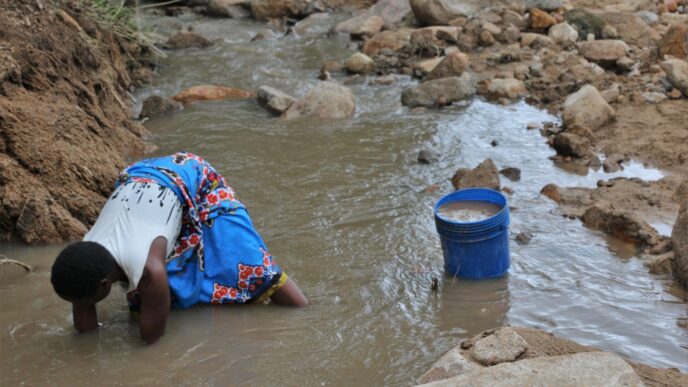Some years ago, a senior colleague, who was a computer scientist, shared how she worked on an international project with a multidisciplinary team. Although the project was technology-themed, the project team had several kinds of disciplines, including anthropologists, historians, social scientists, etc. This diverse team composition required her to learn a bit about other disciplines to effectively collaborate and contribute to the project’s success.
I remember finding that story fascinating at the time, thinking it was a special case. Now, I realize it’s not unique at all. Interdisciplinarity is no longer just a novelty; it has become a necessity in the 21st-century world. The challenges we face today demand holistic, multifaceted, and innovative approaches that cannot be tackled by single disciplines. A highly skilled individual in the 21st century is someone who can operate with knowledge and skills across multiple disciplines. Research has linked interdisciplinarity with an increased capacity for creative thinking and complex problem-solving.
If interdisciplinarity is crucial, how do we design education, especially higher education, to prepare students for it? Or I should even start with, “Are we preparing students to be able to function across disciplines?” Or is higher education in Nigeria siloed across singular disciplines?
A couple of months ago, I attended the commencement ceremony at my current university in the United States. As the graduating students were called to walk the stage, I was intrigued by the variety of their disciplinary affiliations. One student majored in biology but minored in physics. Another majored in chemistry with a minor in sociology. Someone else did mathematics with a minor in economics. It also reminded me of a friend who pursued a graduate degree in public health while minoring in creative writing.
Advertisement
Beyond these direct disciplinary affiliations, my experience at the university has shown how flexible students can be with their course choices each semester. Although I am a STEM Education PhD student, I had the opportunity to take a sociology course, which truly broadened my horizons.
It made me reflect on how restricted higher education in Nigeria has been in terms of multidisciplinary exploration. To adequately prepare tertiary students for the world they will enter after graduation, we need to incorporate opportunities for interdisciplinarity into their learning pathways. While we are already making some efforts, such as allowing students to take elective courses from other departments, the current structure still significantly limits their ability to explore different fields.
Many students cannot realistically pursue courses outside their main discipline because the number of required courses within their fields leaves them with little to no mental space to explore other areas. I vividly remember this from my experience as an undergraduate, where I had semesters with up to 10 courses. More than 10 years later, not much has changed. A current master’s student recently shared how he has to take about 14 courses in a semester within his department. How can someone with such a heavy course load possibly have the mental capacity to engage with other disciplines?
Advertisement
This rigid structure stifles the development of well-rounded individuals who are equipped to tackle complex, real-world problems that require interdisciplinary solutions. We need to rethink our educational systems to provide more flexibility and support for interdisciplinary learning.
Another way to enhance interdisciplinarity in Nigerian higher education is by encouraging interdisciplinary research among undergraduates. For example, students could collaborate across disciplines for their final year theses. This collaboration would allow them to integrate different perspectives and methodologies, enriching their research and broadening their academic experience.
We also need to create opportunities for students to pursue multiple disciplines simultaneously. The ability to major and minor in different disciplines, a common practice in Western education, is something we can implement in Nigeria as well. This approach would not only diversify students’ knowledge but also prepare them for the multifaceted challenges they will face in the real world. Encouraging interdisciplinary research and offering flexible academic programs that allow for dual majors or minors can significantly enhance students’ educational experiences and better equip them for the demands of the 21st century.
We need to restructure the design of Nigerian higher education to truly prepare students for the realities of the modern world. If interdisciplinarity is crucial for problem-solving in today’s complex world, not creating structures that allow students to explore and engage with different disciplines within their education is doing them the kind of disservice that the nation cannot afford.
Advertisement
Oluwatoyin is a Doctoral Researcher in STEM Education, Social Impact Leader and Education Policy Advocate. She writes from Nigeria and the United States. She can be reached at [email protected] or on LinkedIn here.
Views expressed by contributors are strictly personal and not of TheCable.
Add a comment











